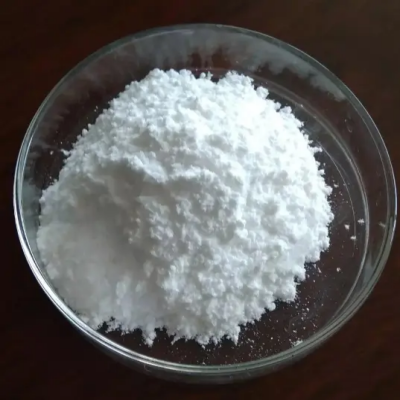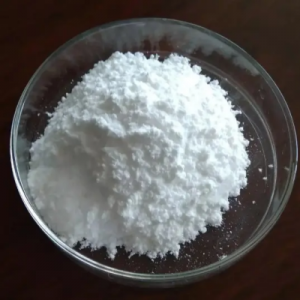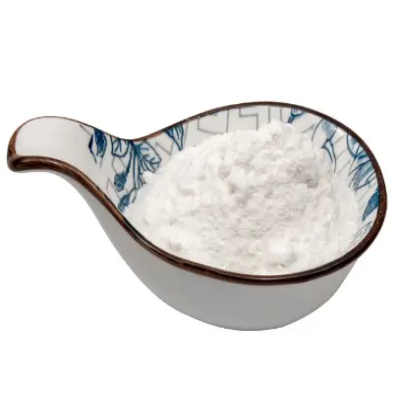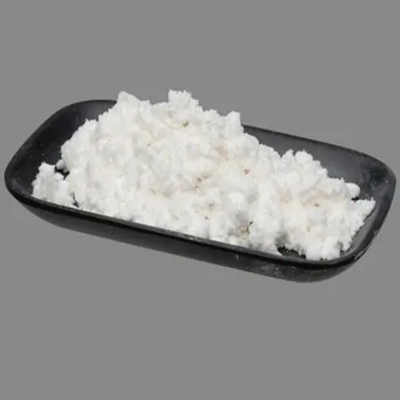N-(2-Pyrazinylcarbonyl)-L-phenylalanine CAS:114457-94-2
N-(2-Pyrazinylcarbonyl)-L-phenylalanine demonstrates diverse applications in pharmaceutical research and organic synthesis: Peptide Synthesis: As a key component in peptide chemistry, this compound serves as a coupling reagent or protective group, facilitating the synthesis of peptides and peptidomimetics with specific structural and functional properties. It enables the modification of peptide sequences to enhance stability, bioavailability, and target specificity in drug development. Medicinal Chemistry: Used in the design and synthesis of pharmaceuticals, N-(2-Pyrazinylcarbonyl)-L-phenylalanine contributes to the creation of drug candidates targeting various biological pathways and disease mechanisms. Its incorporation into drug molecules can influence pharmacokinetic profiles and therapeutic efficacy, enhancing their clinical utility. Prodrug Design: Employed in prodrug strategies where the pyrazinylcarbonyl group acts as a masking agent, facilitating targeted drug delivery and controlled release mechanisms. This enhances the bioavailability and tissue-specific activation of therapeutic agents, improving treatment outcomes. Biological Studies: Utilized as a research tool in biochemical and pharmacological studies to investigate enzyme-substrate interactions, protein-ligand binding, and metabolic pathways associated with peptide-based drugs. Such studies contribute to understanding drug mechanisms and optimizing therapeutic interventions. Neuroscience and Neurochemistry: Investigated for its potential applications in neuroscience, focusing on neurotransmitter systems and neuroactive compounds that modulate neuronal functions. The compound's structural modifications may lead to novel treatments for neurological disorders such as Alzheimer's disease and Parkinson's disease. Bioconjugation and Drug Delivery: Integrated into bioconjugates and drug delivery systems for targeted therapies and diagnostic applications. Its chemical properties enable conjugation with biomolecules like antibodies or nanoparticles, facilitating precise delivery to disease sites while minimizing systemic toxicity. Pharmacological Assays: Used in pharmacological assays to evaluate drug efficacy, toxicity, and pharmacokinetic parameters during preclinical and clinical development stages. This supports the selection and optimization of lead compounds for further therapeutic advancement. Industrial Production: Applied in large-scale pharmaceutical manufacturing processes to produce APIs (Active Pharmaceutical Ingredients) and intermediates required for commercial drug production. Quality control measures ensure the purity and safety of pharmaceutical formulations. Academic Research: Integrated into academic research projects exploring peptide chemistry, drug design, and molecular biology. This fosters collaborations between academia and industry to advance therapeutic innovations and scientific discoveries. Future Directions: Ongoing research aims to expand the applications of N-(2-Pyrazinylcarbonyl)-L-phenylalanine in emerging fields such as personalized medicine, where peptide-based therapies can be tailored to individual patient profiles for enhanced treatment outcomes. In summary, N-(2-Pyrazinylcarbonyl)-L-phenylalanine plays a pivotal role in peptide synthesis, medicinal chemistry, and pharmaceutical development. Its versatility and specific chemical properties make it invaluable for creating advanced therapies and exploring new avenues in biomedical research and clinical applications.
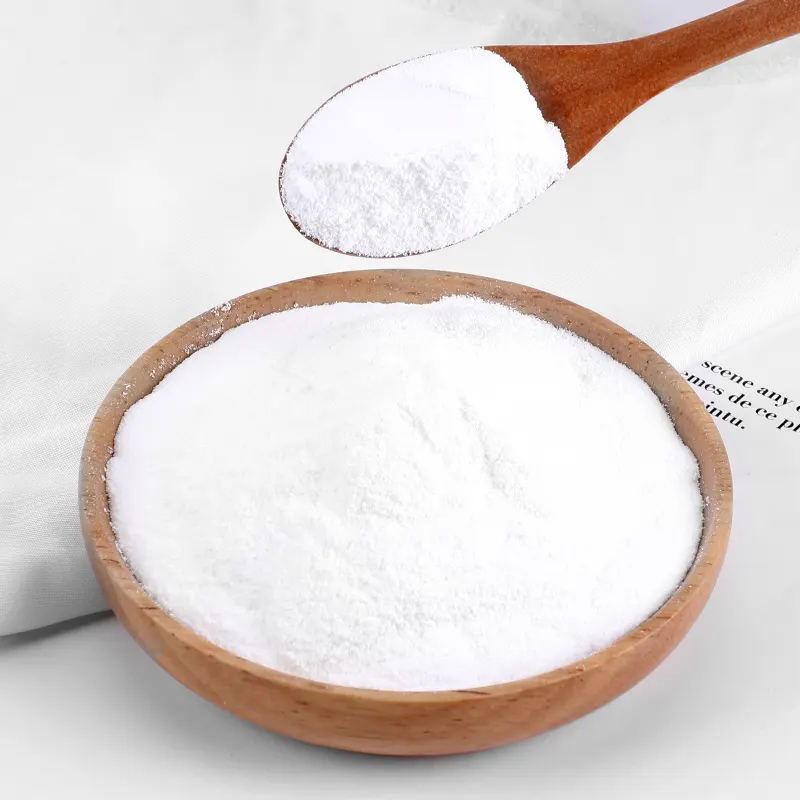
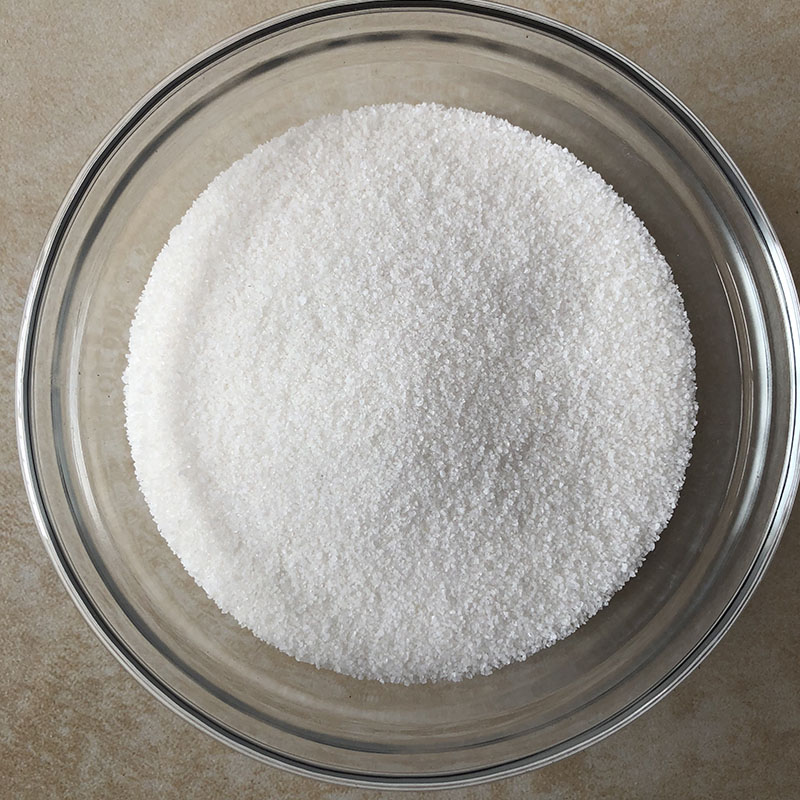
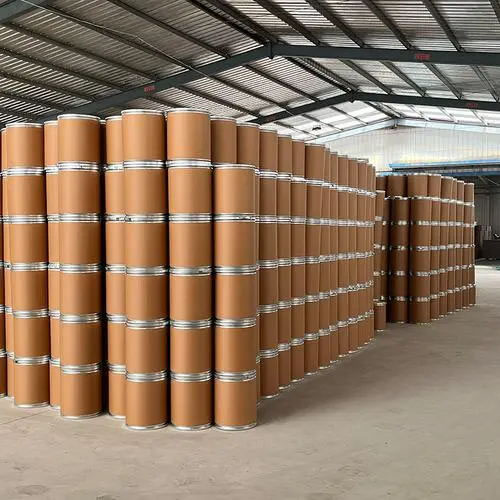
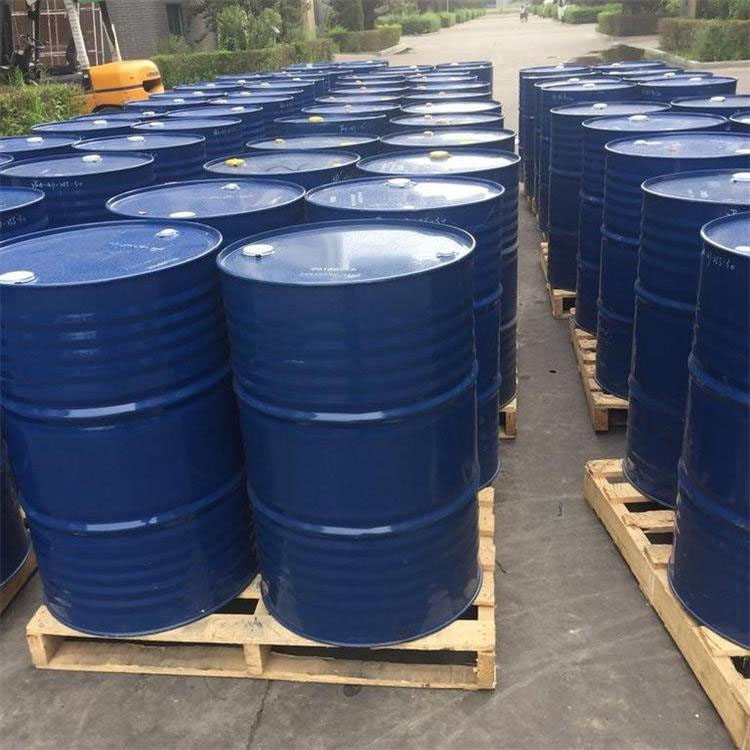
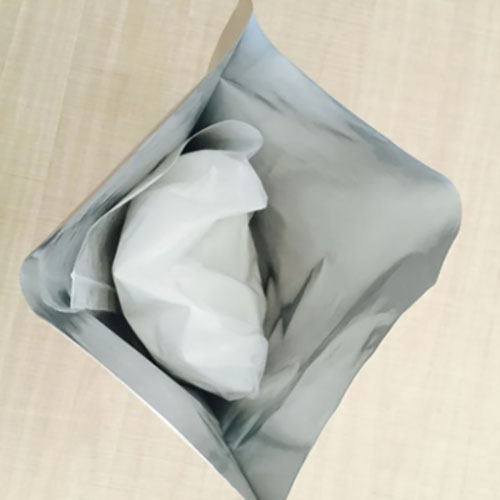

| Composition | C14H13N3O3 |
| Assay | 99% |
| Appearance | white powder |
| CAS No. | 114457-94-2 |
| Packing | Small and bulk |
| Shelf Life | 2 years |
| Storage | Store in cool and dry area |
| Certification | ISO. |


